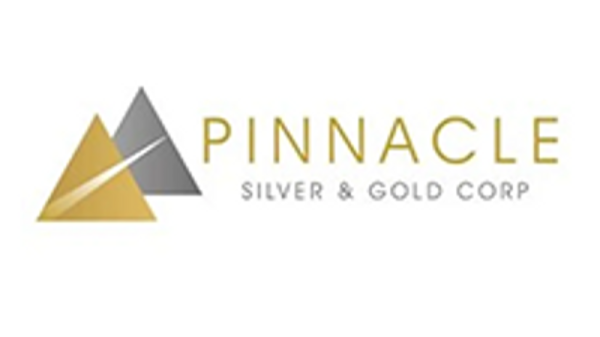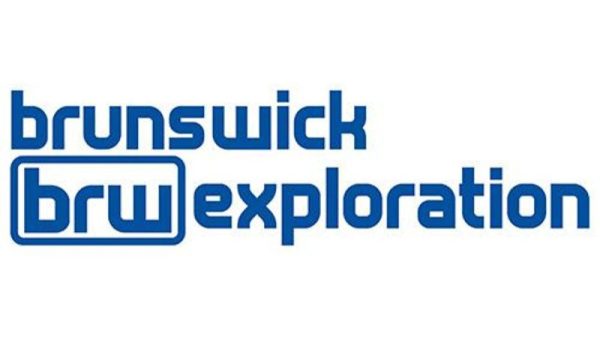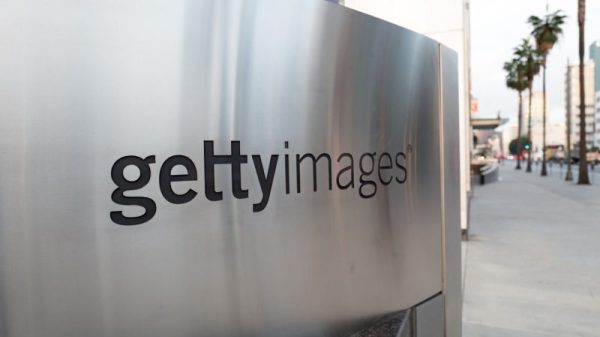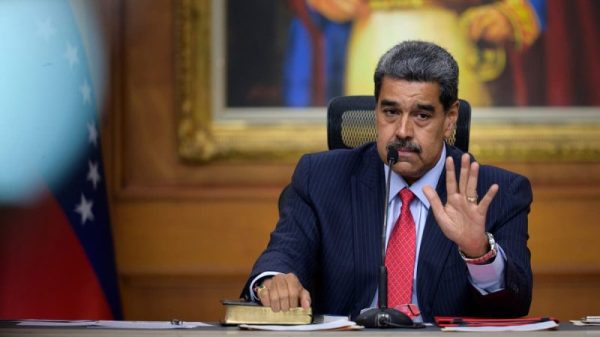After using artificial intelligence to uncover the first word to be read from an unopened Herculaneum scroll, a team of researchers has revealed several nearly complete passages from the ancient text, giving insight into philosophy from almost 2,000 years ago.
The Herculaneum scrolls are hundreds of papyri that survived the eruption of Mount Vesuvius in AD 79. In their charred state, the ancient documents would crumble if anyone attempted to unroll them, and any writing on surviving pieces would be nearly illegible to the human eye.
By using computer technology and advanced artificial intelligence, researchers can now analyze the Herculaneum scrolls without unrolling and risking damage to the extremely fragile documents. More than 2,000 characters — the first full passages — have been deciphered from a scroll, according to an announcement Monday by computer scientists who launched the Vesuvius Challenge, a competition designed to accelerate the discoveries made on the scrolls.
“It’s incredibly gratifying to know that these things are available, and we have now a mechanism to read them — and that reading them is going to create an entire field of study and scholarship for classicists,” said Brent Seales, a computer science professor at the University of Kentucky and a cocreator of the Vesuvius Challenge.
The first word to be read from an unopened scroll was found separately by both Luke Farritor and Youssef Nader — a computer science student at the University of Nebraska and a biorobotics graduate student at Freie University Berlin, respectively — in October. This year, joined by Julian Schilliger, a robotics student at ETH Zürich, the three have won the contest’s $700,000 grand prize for being the first team to decipher more than 85% of characters from four continuous passages within the same scroll.
What’s more, the team went above and beyond the contest requirements and read 15 partial columns of text, amounting to about 5% of the scroll.
The trio uncovered the text by applying a technique known as “virtual unwrapping” to the rolled-up scroll — one of several owned by the Institut de France — which was released on the contest’s website. The process involved using computer tomography, an X-ray procedure to scan the coiled-up, warped papyrus, allowing the researchers to virtually flatten the scrolls and detect the ink on the page with advanced AI. After Farritor, Nader and Schilliger found the Greek letters, expert papyrologists from England, France and Italy were brought in to assess the text.
“If you look at the level of the vocabulary (from the passages), there is a really nuanced, intellectual conversation going on here. … It just makes me excited to want to deliver to the scholars an absolutely pristine, complete copy of what this is, so that they can do their work, and then we can fully understand it,” said Seales, who originally created the unwrapping method and has been developing the technology for nearly 20 years.
Words from an ancient philosopher
Over 1,000 carbonized scrolls were recovered from the eruption of Vesuvius, a volcano near Naples, Italy, that covered the ancient Roman cities of Pompeii and Herculaneum in volcanic mud. The charred documents, now referred to as the Herculaneum scrolls, were recovered from a building believed to be the house of Julius Caesar’s father-in-law, according to the University of Kentucky.
The recently decoded passages were pulled from the end of a scroll and reveal words written by the philosopher Philodemus, who was believed to be the philosopher-in-residence working at the library in which the scrolls were found, the announcement said.
In the deciphered text, Philodemus writes on “pleasure,” and whether the abundance of goods available can affect the amount of pleasure they give. “As too in the case of food, we do not right away believe things that are scarce to be absolutely more pleasant than those which are abundant,” the first sentence reads.
“Philodemus was dismissed over the years because we couldn’t really read his passages extensively. Only with difficulty, we just get these little snippets. … (In these passages) he’s persuading the people who are listening to him to sort of relax, find good friendships, spend your time living in the moment and enjoying pleasures,” said Roger Macfarlane, a professor of classical studies at Brigham Young University, who has studied the Herculaneum scrolls. Macfarlane was not involved with the discovery but participated in certifying the first word that came out in October.
Seales said he hopes that almost an entire scroll will be deciphered this year — and the new grand prize contest puts forth an even more ambitious goal, offering a cash prize of $100,000 for the first team that can decipher at least 90% of all four scrolls released on the contest’s website.
“The winners of the Vesuvius Challenge are able to get a text that’s authentic but doesn’t result in the destruction of the scroll. And that’s probably the most miraculous thing about it,” Macfarlane said.
Correction: A previous version of the story misstated the grand prize amount for the Vesuvius Challenge.







































